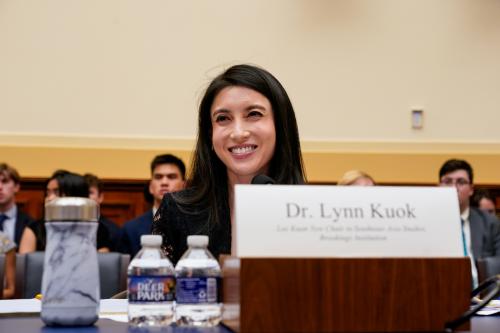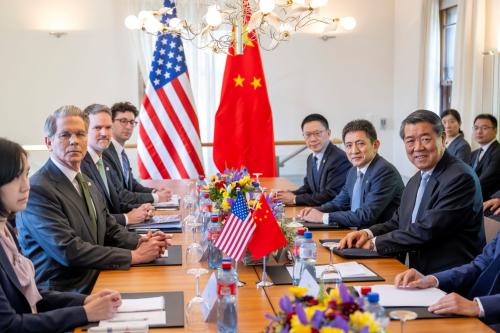Over the past 15 years, the African political and economic landscape has changed a great deal. In 2000, The Economist referred to the continent as “Hopeless Africa,” and in 2011 the same magazine referred to the same place as “rising Africa.” In this week’s issue, The Economist includes a special report in which it refers to Africa as the “Hopeful Continent” and uses terms such as emerging and aspiring to describe Africa. Recently, other analysts have referred to the new Africa in similar terms.
But as Africa has changed, United States engagement with the continent has remained relatively static and largely unimaginative. United States engagement with the continent is largely from the perspective of the multiplicity of the continent’s problems rather than the opportunities it offers to its people and the international community. However, other countries such as China, India, Russia, Brazil, Turkey and Iran, among many others, have accelerated their engagement with Africa with a view to seizing the opportunities by the new Africa. With the entry of these countries, the United States is increasingly becoming a marginal player in the continent.
Yet, there is increasing realization that it is an extremely costly mistake for U.S. policy towards Africa not to take into account current realities of the emerging continent. One example is Senate Bill S. 2215 (112th), Increasing American Jobs Through Accelerated Exports to Africa, that identifies ways to leverage the potential that Africa presents as a market for American goods.
On March 7, 2013, Senator Chris Coons, chair of the Senate Foreign Relations Subcommittee of African Affairs, released a new report, Embracing Africa’s Economic Potential, that seeks to deepen U.S. commercial engagement in Africa. The report points to the many changes that have taken place in Africa and its positive drivers of economic growth. The report provides creative approaches to improve U.S.-Africa commercial engagement for the benefit of both the U.S. and African countries.
The report provides a credible strategy for the United States to make already existing commercial engagement more effective and, in particular, to make the Africa Growth and Opportunity Act (AGOA) work better in promoting African exports to United States. Senator Coons himself also calls for the strengthening and the re-authorization of AGOA. However, the report goes beyond a focus on benefits that accrue to Africa, and calls for strategies to support American firms invest and do business in Africa and also to better exploit the contribution of the African diaspora in the United States. The report suggests that deeper and better structured engagement with Africa will provide investments for American businesses and contribute to job creation at home.
The Embracing Africa’s Economic Potential strategy signifies a welcome acknowledgement by U.S. policymakers of the realities of the new Africa. Such an approach should inform the basis of the broader US-Africa engagement.
The Brookings Institution is committed to quality, independence, and impact.
We are supported by a diverse array of funders. In line with our values and policies, each Brookings publication represents the sole views of its author(s).



Commentary
United States Engagement with the Rising Continent: Embracing Africa’s Economic Potential
March 7, 2013